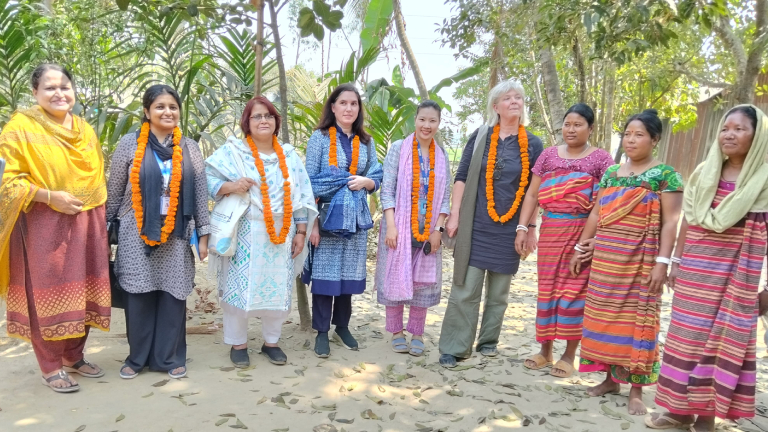The Community Approach to Handicap in Development (CAHD) is a participatory initiative aimed at promoting the social inclusion, economic empowerment, and rights of persons with disabilities (PwDs). By engaging communities, local institutions, and policymakers, CAHD works to eliminate barriers and create an enabling environment for PwDs to thrive.
Key Components:
1. Awareness & Sensitization – Community workshops to reduce stigma and foster inclusive attitudes.
2. Accessibility & Infrastructure– Advocacy for disability-friendly public spaces, transport, and services.
3. Livelihood & Skill Development– Vocational training, self-help groups, and linkages to employment opportunities.
4. Education & Health Inclusion– Support for inclusive schooling and accessible healthcare services.
5. Policy Advocacy– Collaboration with local governments to strengthen disability-inclusive policies.
Target Beneficiaries:
– Persons with disabilities (physical, sensory, intellectual)
– Families and caregivers of PwDs
– Local communities, schools, and government stakeholders
Expected Outcomes:
– Increased participation of PwDs in social and economic activities.
– Improved accessibility in public infrastructure.
– Enhanced livelihood opportunities for PwDs.
– Stronger community and institutional support for disability inclusion.
Implementation Strategy:
– Grassroots mobilization through NGOs and disabled persons’ organizations (DPOs).
– Partnerships with local governments, educational institutions, and healthcare providers.
– Monitoring and evaluation for continuous impact assessment.
Impact:
CAHD fosters sustainable inclusion, ensuring that persons with disabilities are active contributors to community development, aligning with global goals like the UN Convention on the Rights of Persons with Disabilities (CRPD).


